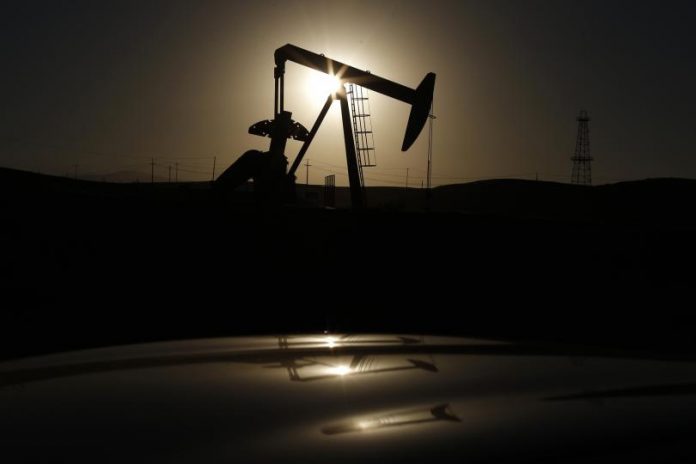Islamabad: The petroleum sector attracted over $10 billion in foreign investment, despite a tame international oil market during the last four years, an industry official said on Monday.
“In addition, world’s major players are showing interest to invest in LNG sector of Pakistan after seeing immense business potential of the commodity here,” the official told Associated Press of Pakistan.
“International companies are aspiring to set up their own terminals and develop transmission networks to supply the commodity to consumers and in this regard an important development is in the making.”
The official said that PGNiG, a Polish oil and gas company, operating in Pakistan since 1997, was planning to step up its business volume to Rs100 billion per year.
“They company has the intention to take the company’s production to$100 million per year in the coming days,” he said adding, “The company is considering to set up its liquefied natural gas (LNG) trading office in Pakistan, keeping in view vast business potential of the commodity.”
He said that currently, the country was importing 600 million cubic feet per day (mmcfd) LNG from Qatar, which has greatly helped in meeting the country’s energy requirements. “All the gas-based power generation plants are now functioning at full capacity, around 1200 compressed natural gas (CNG) stations have restarted their operations, while production is in full swing as the industrial and fertiliser sectors are getting uninterrupted supply of gas,” the official added.
Previously, he said, Pakistan was importing one million ton of fertilisers per year and now it was exporting six million tons of the commodity to other countries. “The entire power generation sector was receiving a smooth supply. On the other hand Nandipur power plant has also been converted on LNG,” the official pointed out.
Replying to a question, he said Pakistan was already negotiating LNG import deals with countries like China, Turkey, Russia, Malaysia and Oman. “Pakistan will very soon strike LNG deals with potential exporters,” added he.
According to sources, currently, there was a huge gap between demand and supply (domestic production) of gas, therefore, reliance on imported gas is likely to increase in future unless new major gas discoveries are made.
“The government had taken several measures to reduce reliance on imported gas,” he added. Elaborating the steps, the he added, Petroleum Policy 2012 was being implemented in letter and spirit, offering attractive terms and conditions to investors.
“As many as 46 new blocks had been awarded under Petroleum Policy 2012, while the clearance process had been initiated for award of another 32 exploration blocks to oil and gas exploration and production companies through transparent bidding process,” said he.
To a question, a source said the producer gas price had been increased from 31 percent to 68 percent for different zones to encourage investment in the oil and gas sector. “For new exploration efforts in old blocks, Supplemental Agreements had been signed for conversion to the 2012 Petroleum Policy’s price,” he informed the state news agency.
























